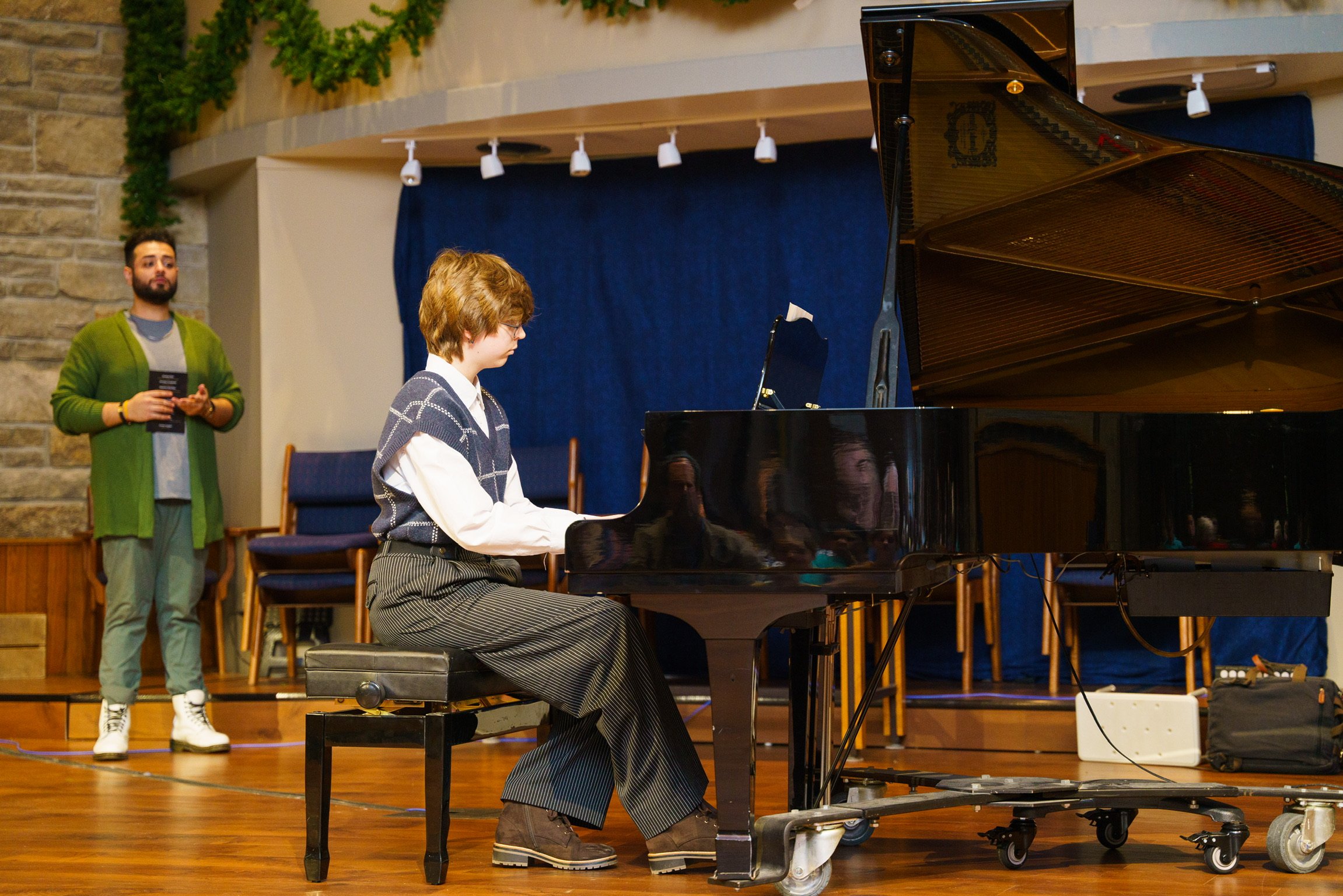The Elegance of Classical Piano: History and Benefits
The classical piano is more than just an instrument—it’s a symbol of human creativity, emotion, and artistic mastery. Its history is rich with innovation, and its impact on both music and society is undeniable. In this blog, we’ll explore the fascinating history of classical piano, and dive into the numerous benefits of learning and playing this timeless instrument.
A Brief History of the Classical Piano
The origins of the piano date back to the early 18th century, evolving from earlier stringed instruments like the harpsichord and clavichord. The invention of the modern piano is credited to Bartolomeo Cristofori, an Italian instrument maker who developed the first version of the piano around 1700. Unlike its predecessors, the piano allowed for dynamic expression—players could control the volume and intensity of each note, something that was impossible with the harpsichord.
Throughout the 18th and 19th centuries, the piano underwent significant development. Composers like Wolfgang Amadeus Mozart, Ludwig van Beethoven, and Frédéric Chopin embraced the instrument, creating compositions that showcased its full range of expressive capabilities. By the 19th century, the piano had become the centerpiece of both public concerts and private homes, symbolizing both musical sophistication and social status.
The classical piano continued to flourish into the 20th century, with composers like Sergei Rachmaninoff and Claude Debussy expanding the boundaries of piano music. Today, the classical piano remains a beloved instrument, representing centuries of musical tradition while continuing to inspire new generations of musicians.
The Benefits of Learning Classical Piano
Learning classical piano is not just about mastering technique or memorizing pieces—it offers a wide range of benefits that extend beyond the music itself. Whether you're a beginner or an advanced pianist, classical piano can enrich your life in many ways.
1. Improved Cognitive Skills
Playing the piano engages the brain in unique and complex ways. Research has shown that learning classical music improves cognitive functions, such as memory, attention, and problem-solving skills. Reading sheet music, for example, involves interpreting symbols, coordinating both hands and staying in rhythm—all of which strengthen brain connections.
2. Emotional Expression and Stress Relief
Classical piano provides a powerful outlet for emotional expression. Whether you're playing a gentle Chopin nocturne or a dramatic Beethoven sonata, the piano allows you to channel your emotions through music. For many, the act of playing is deeply therapeutic and can serve as a form of stress relief, offering moments of peace in a busy world.
3. Enhanced Discipline and Patience
Learning the classical piano requires patience and dedication. Mastering a piece takes time, and building a solid technical foundation demands consistent practice. This process teaches discipline, focus, and perseverance—skills that are invaluable not only in music but in all areas of life.
4. Improved Hand-Eye Coordination and Fine Motor Skills
Playing piano involves coordinating both hands while reading music, which improves hand-eye coordination and fine motor skills. Over time, this helps with finger dexterity and precision, which can be beneficial even outside of music, such as in sports, writing, and other activities that require refined motor control.
5. Cultural and Historical Awareness
Classical piano introduces learners to a wealth of cultural and historical knowledge. Each composition tells a story and reflects the period, societal influences, and personal experiences of the composer. Learning a classical repertoire not only deepens your understanding of music history but also offers a window into the cultural contexts in which these pieces were created.
6. Social and Performance Opportunities
Mastering classical piano opens doors to performance opportunities, whether in recitals, competitions, or casual gatherings. Performing in front of an audience, even in a small setting, helps build confidence, stage presence, and public speaking skills. Additionally, piano can be a great way to connect with others who share your passion for music, creating a sense of community.
Why Classical Piano Remains Relevant Today
In a world dominated by pop and electronic music, why does classical piano still hold such importance? The answer lies in its timelessness. Classical piano provides a foundation that transcends musical trends. It teaches discipline, creativity, and emotional depth. The structure and complexity of classical pieces also offer a level of sophistication that challenges the mind and body in ways that other genres may not.
Furthermore, many contemporary genres, including jazz, film scores, and even pop, are deeply influenced by classical piano techniques and compositions. Learning classical piano equips students with the versatility to explore these modern styles, making it a valuable skillset for any aspiring musician.
Conclusion
The classical piano has stood the test of time for a reason—it is an instrument of both intellectual rigor and emotional beauty. Whether you are drawn to its rich history or the myriad of benefits it offers, learning classical piano is a rewarding journey that will enrich your life in countless ways. At Naji Music School, we are committed to guiding students of all ages and skill levels on their path to musical mastery.
If you're ready to begin your classical piano journey, we invite you to join us and discover the profound impact this remarkable instrument can have on your life.





